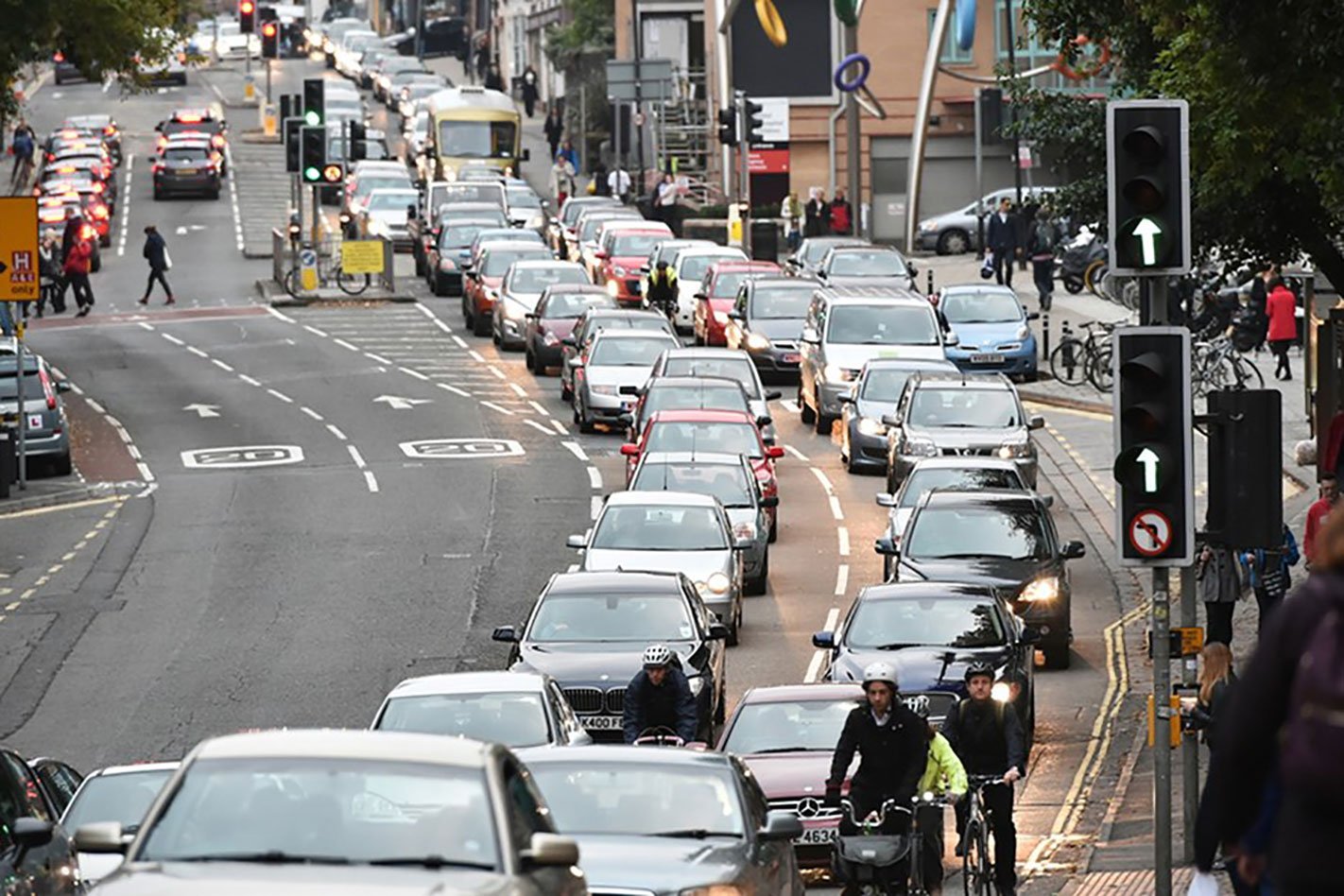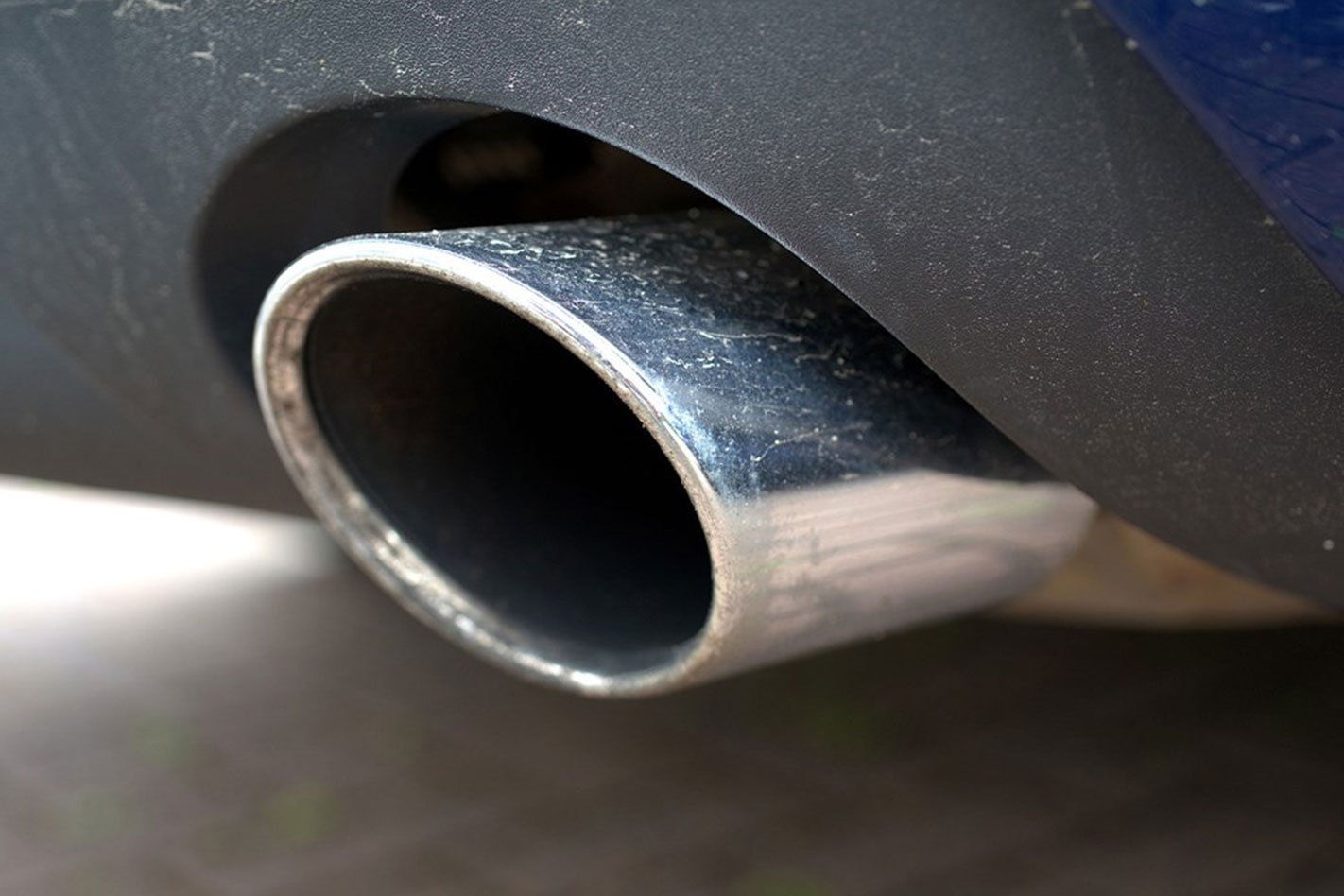
In 2020 the United Kingdom Government confirmed it will ban the sale of new petrol, diesel and hybrid cars from 2030 as part of what Prime Minister Boris Johnson is calling the Green Industrial Revolution.
This timeframe for a ban has come forward from 2040 as part of a 10-point plan for the UK to become carbon neutral by 2050.
Now, industry stalwart Andy Palmer has spoken on what he thinks of the plan.
Andy Palmer speaks on the Internal Combustion Engine (ICE) ban
After his departure from Aston Martin, Andy Palmer was appointed non-executive chairman of InoBat Auto, a battery production company that specialises in using artificial intelligence for finding the best battery chemistry for different vehicle markets, and Optare in the UK.
Palmer has been in the industry since 1979 developing, among other things, the first-generation Nissan Leaf from an idea to production, so has plenty of experience when it comes to battery technology and electric cars.

As a side note, it’s worth pointing out that net zero carbon emissions is not exactly the same in practice as net carbon neutral. Both imply no more carbon is released than captured, however the latter can be achieved with offsets from other jurisdictions, such as if a country or business takes credit for carbon being captured elsewhere.
“Going in isolation has potentially unforeseen circumstances; we are not a leader and never will be a leader in electric vehicles – that boat sailed thirty years ago because we don’t own our own industry.”
In terms of the whole auto industry in the UK, Palmer says that InoBat has the right ideas to make battery technology work for many individual sectors.
“Through their relationship with Wildcat, a tech company in California, they have acquired this Artificial Intelligence methodology of developing chemistries and enables them to develop chemistries according to the mission in front of them.
“The AI allows you to look at those combos and find an optimum chemistry, make the cake to suit the purpose – you don’t want a fruit cake for a birthday party, for example.”
But it’s the UK’s methods of getting to its goals that Palmer says don’t sit right: “I’ll hypothesise this: I think EVs are best for passenger cars and buses but, almost certainly, it will be a synthetic fuel or fuel cells for Heavy Goods Vehicles.

“What the UK is doing … by picking a winner is taking itself off the table, which risks the next big breakthrough,” Palmer adds. “And that’s a pity because it was a British institute that invented the lithium-ion battery.”
At the confirmation of the plan, Prime Minister Boris Johnson said: “the government will invest more than £2.8 billion [AU$4.9bn] in electric vehicles, lacing the land with charging points and creating long-lasting batteries in UK gigafactories.”
Mike Hawes, chief executive of the Society of Motor Manufacturers and Traders, said: “Investment in EV manufacturing capability is equally welcome as we want this transition to be made in the UK, but if we are to remain competitive – as an industry and a market – this is just the start of what’s needed.
“We will now work with government on the detail of this plan, which must be delivered at pace to achieve a rapid transition that benefits all of society, and safeguards UK automotive manufacturing and jobs.”

“We also welcome the recognition that Petrol Hybrid EVs can help in the transition to a fully electric car parc and the key role they can play in immediate and significant CO2 reductions if used properly. Bentley customers are already embracing the plug-in vehicle, with a third owning one today.”
He added: “We also acknowledge the Government’s new ambitious yet necessary targets and timelines, and the focus now needs to shift onto creating and implementing a cross-industry plan to bring infrastructure and customers along on this important journey. Bentley is ready to transform itself, and support the wider UK mission to meet this challenge.”
Does this mean Brits will scrap their ICE cars by 2030?
No. The UK Government wants to ban sales of new cars powered by petrol and diesel engines from 2030 and PHEVs in 2035. Existing car stock will, presumably, merely be taxed to the hilt by then, but ministers want to ensure that all brand-new cars are powered by electricity only, not fossil fuels.
NEXT Bentley throws down hybrid gauntlet to politicians
This article was first published on CAR UK



